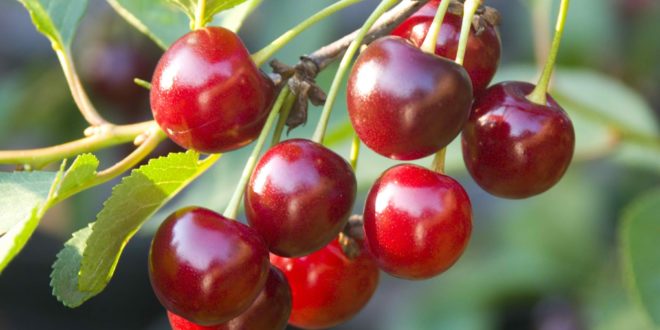
Argentina and China closer to cherry-deal
Nov, 20, 2018 Posted by datamarnewsWeek 201847
Argentina and China expected to reach a protocol for a phytosanitary agreement by the end of this month that will allow the Latin American country to export cherries to China, albeit with severe limitations. This is because unlike the US, Canada, and the European Union, China does not accept Argentina’s Patagonia region as bring free of fruit flies, thus requiring the fruit to be in quarantine for a number of days. This reduces the shelf life of the fruit and increases logistics costs.
Supporting sources:
Date: 16/11/2018
Argentina: Patagonia’s cherry must undergo quarantine to travel to China
According to Patagonian producers, the protocol for the export of Argentine cherries to China, which was designed following the visit of a Chinese phytosanitary mission, is bittersweet.
Although the prospect of selling to the gigantic Chinese market generates high expectations, the protocol imposes a series of conditions that complicate the Patagonian producers’ business, stated Adolfo Storni, the manager of the Argentine Chamber of Integrated Cherry Producers (CAPCI).
The Chinese mission culminated in a tour of the producing provinces of Neuquen, Rio Negro, Chubut, Santa Cruz, and Mendoza a few days ago. Even though the United States, Canada, and the European Union recognize Patagonia’s status as a fruit fly free zone, a plague that ruins the products’ quality, the protocol to export to China doesn’t recognize it.
This means that the fruit must undergo quarantine. It also means that logistics costs will increase and that there will be a reduction in the product’s shelf life.
Specifically: to enter China the fruit must previously undergo a cold process. This condition closes the possibility of sending the fruit by plane, forcing exporters to ship it by boat. This extends the time frame between the departure of the fruit of Patagonia and its entry to the Chinese market.
The trip by boat from a Chilean port lasts 25 to 30 days. Storni said that prices were considerably better at the beginning of the Patagonian harvest than a month later. That is to say, shipping the product by ship decreases the operation’s profitability, not only because of the impact on logistics costs in general, but also because of the impossibility of taking advantage of higher prices.
Exporting cherries to China is a great opportunity for the Patagonian sector, as prices in that country are 50 percent higher on average than in the United States, Canada, and the European Union, where the national product is exported.
Related Post
-
Meat
May, 12, 2023
0
Brazilian agribusiness exports reach record highs in first four months of 2023
-
Other Cargo
Jul, 19, 2022
0
Record imports lead to more dependence on the Brazilian chemical industry
-
Economy
Mar, 16, 2021
0
Brazilian trade balance registers a surplus of US$ 374 million on March 15
-
Meat
Jun, 12, 2023
0
Brazilian pork exports surge significantly in May 2023

